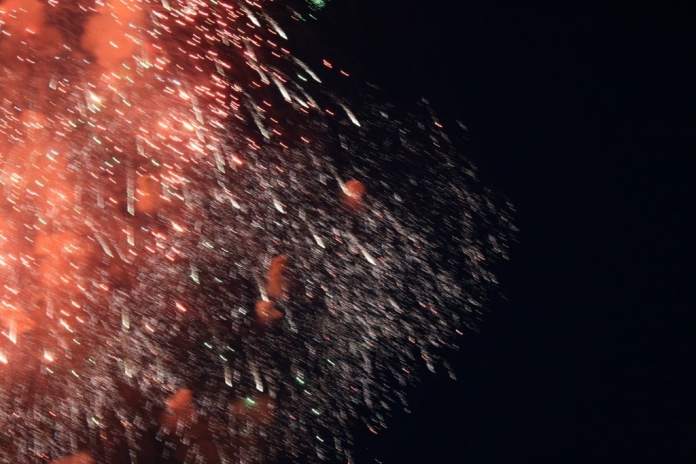Pakistan faced acute embarrassment even as its military ruler Pervez Musharraf began his tour of the US, with the Bush Administration announcing that it has uncovered a plot to blow up the Brooklyn Bridge and other targets in the US by an immigrant truck driver who had trained in Pakistan and Afghanistan.
In a badly-timed disclosure for Musharraf, Attorney General John Ashcroft revealed on Thursday that Iyman Faris, a 34-year-old naturalized American citizen from Kashmir living in Columbus, Ohio, had confessed to casing targets in the United States with the intention to destroy them.
US officials did not say which part of Kashmir Faris hailed from but they highlighted the Pakistani connection. Prosecutors said Faris, who also goes by the name Mohammed Rauf, had traveled to Pakistan and Afghanistan several times, including in the beginning of 2000, and met with Osama bin Laden and his operations director Khalid Sheikh Mohammed to organize and finance terrorist activities in the US.
The plotting continued till as recently as March this year, and in one instance Faris sent coded messages to al Qaeda operatives in Pakistan saying “the weather is too hot”.
Officials said it implied that he feared the situation was too difficult to execute the plot to blow up the Brooklyn Bridge, which has been under tight security ever since it became subject of rumors that it was being targeted.
Although Faris was arrested three months back, Ashcroft announced only on Friday, June 20, 2003 that he had agreed to plead guilty before a US court, even as General Musharraf landed in Boston to spend some time with his son Bilal before coming to Washington. He did not disclose the circumstances of the arrest, nor was there the mandatory praise for the Pakistani regime for cooperation in the war on terrorism.
Faris was apprehended reportedly on the basis of information provided by Khalid Sheikh Mohammed who was arrested in Pakistan in March this year.
High ranking US officials on the political side of the administration have gushed relentlessly about Islamabad’s cooperation, but law-enforcement authorities and lower level officials who have to do the dirty work are often less sanguine. In these circles, Pakistan is referred to as “terrorism central” and the military regime’s claim that it is cracking down on terrorism is received with skepticism.
Almost every terrorist apprehended by US authorities anywhere in the world turns out to have a Pakistani connection, attesting to the description by some American officials that the country is a platform for terrorism. The military regime’s action to eradicate this is not deemed sufficient in part because, when convenient, it continues to use these radical forces in its proxy war against India.
On two counts at least, the US and major world powers continue to quietly rebuke Pakistan. Despite Musharraf’s serial denials that “nothing is happening on the LoC,” he is told everywhere that Pakistan needs to do more to stop the infiltration and dismantle the infrastructure of terrorism.
And despite his repeated attempts to cast the perpetrators of violence in Jammu and Kashmir as freedom fighters, they are universally regarded now as terrorists, distinct from many locals who espouse civil disobedience because of Indian heavy-handedness.
The political situation in Pakistan and the terrorism issue are expected to feature in a major way in Musharraf’s talks with President Bush and other US interlocutors on Tuesday. Ahead of the visit, the Washington Post on Friday carried a front page report on the rise of fundamentalist forces in Pakistan.
Despite his repeated claims to be a liberal torch-bearer, some US officials privately express concern about his frequent dalliances with fundamentalist forces who espouse violence and his selective use of them to further his own interests. While he is every ready to lock up democratic leaders with mass support, he does not show the same alacrity dealing with fundamentalists and extremists who espouse terrorism.
But all these issues are expected to be taken up in a quiet, low-key manner.
The Bush Administration’s public stance remains that Musharraf remains the best bet for Pakistan and the United States.
The writer is a Sydney-based freelance journalist and a political analyst. He contributed above article to Media Monitors Network (MMN) from Australia.


























